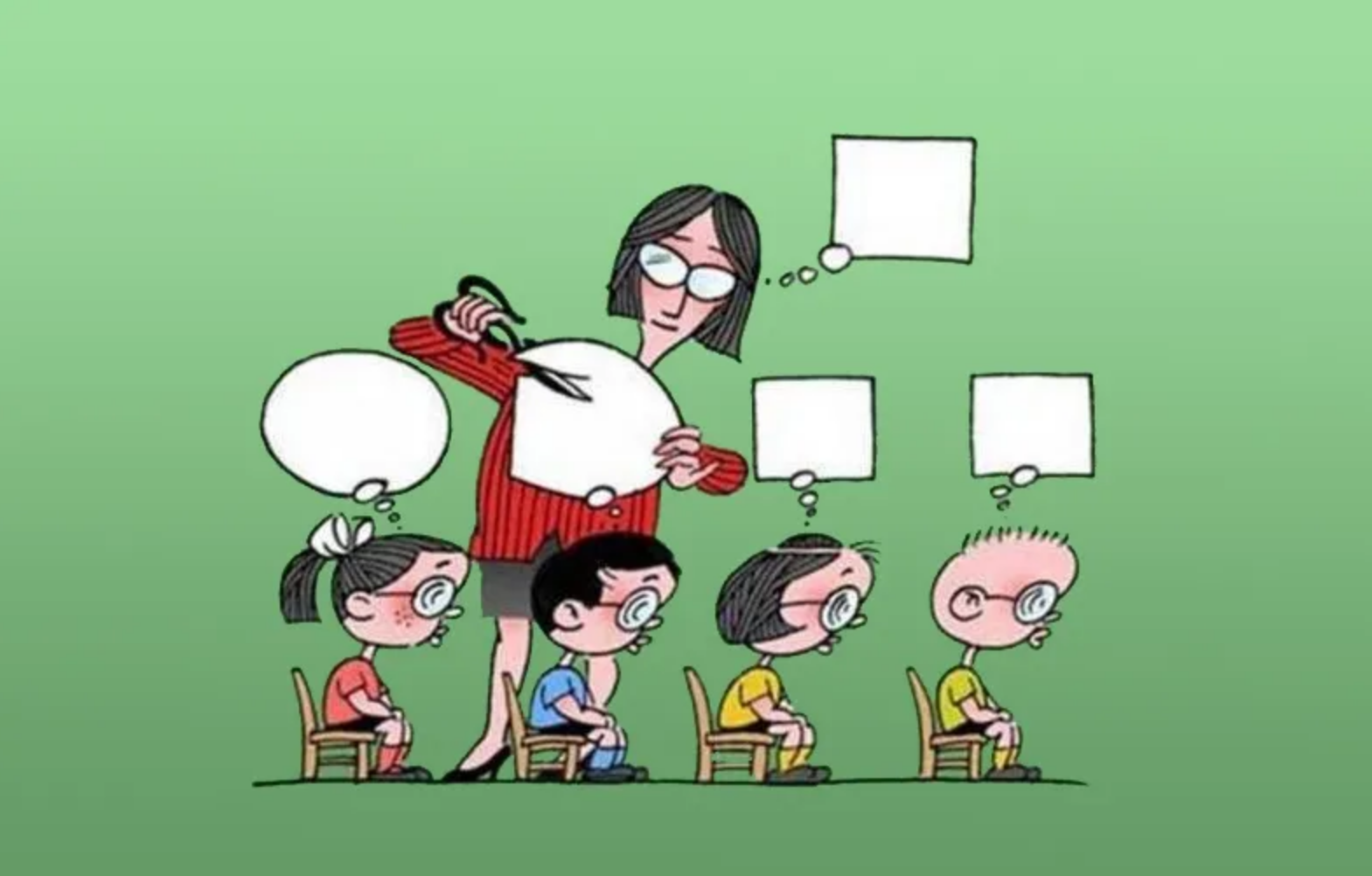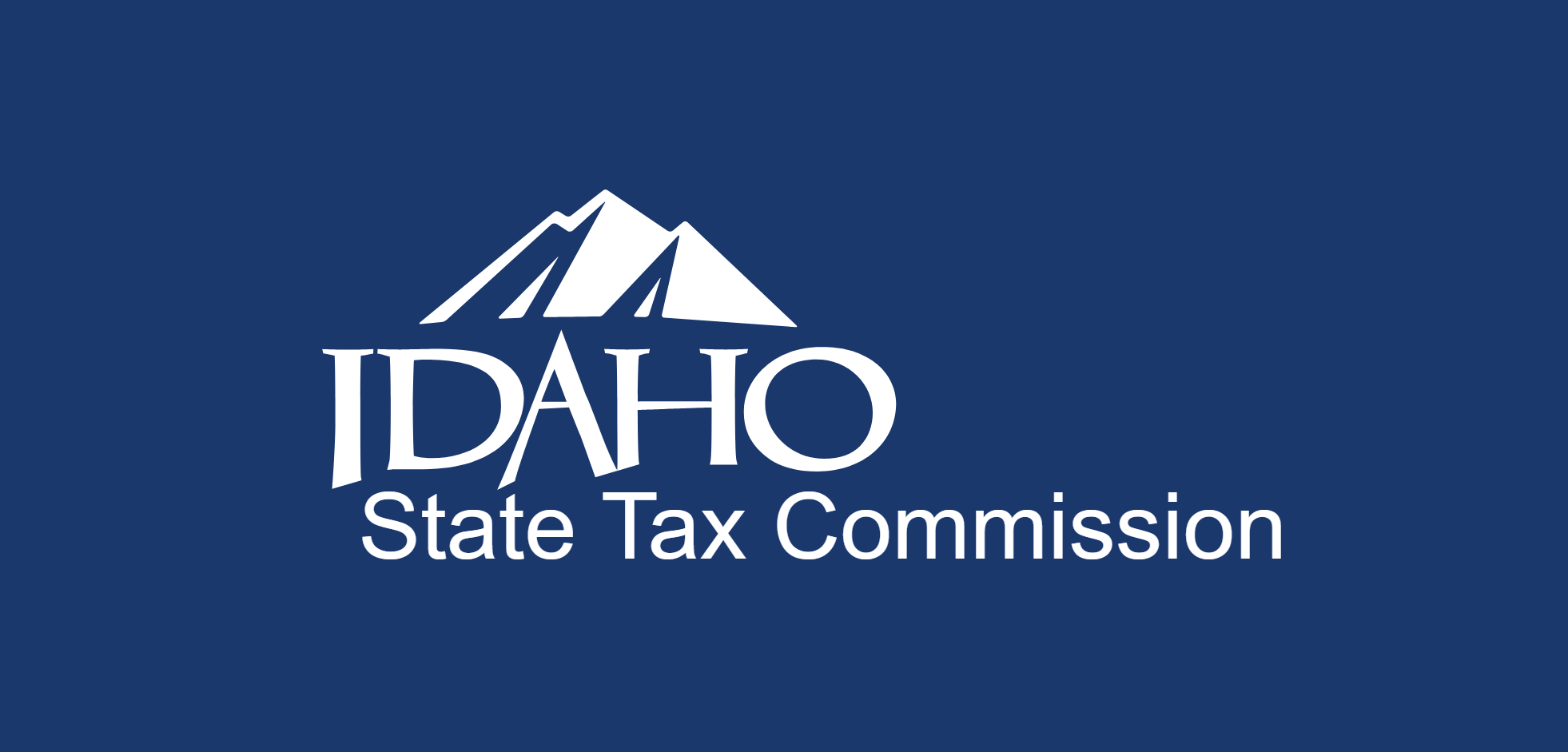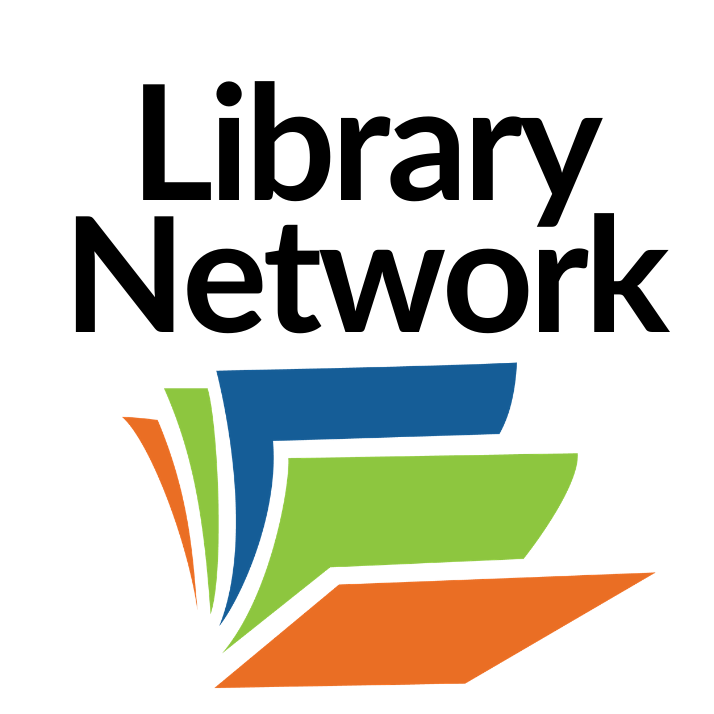PREAMBLE
Colleges and Universities have allowed themselves to stray from their historical mission. Instead of being cloisters where any idea might be freely considered and openly discussed, today’s Academe has largely become an intellectual Gulag of restricted speech and regulated thought. For the benefit of both students and society, higher education must be saved from its own excesses by citizens from beyond the campus and reoriented to serve its traditional mission.
I. THE UNIQUE MISSION OF ALL COLLEGES & UNIVERSITIES- THE CLOISTER
From their beginnings as Medieval Cathedral Schools in the High Middle Ages, Colleges and Universities made themselves a world apart. Centuries before Christendom adapted virtues of intellectual toleration as desirable norms, Academe offered a sanctuary where the individual scholar could pursue truth untrammeled by those who policed thought outside.
This is why literal stone walls delineated the boundaries of campuses where a relatively free inquiry into truth could be safely pursued, without risking social trauma. Within the cloister, scholars could boldly explore theoretical taboos, heresies, and other dangerous notions which outside would cause bloodshed.
In the wider world beyond Academe, every time that the accepted legitimacy of Church and State was called into question, society burned as its population ripped at its own innards in pursuit of an unattainable utopia. In the Albigensian Crusade, the Hussite Wars, Luther’s Great Peasant Revolt, the French Wars of Religion, and most especially the Thirty Years War, theological questions ignited social revolution.
Despite this risk of speculation sparking violence, cognoscente ecclesiastical and secular leaders understood that freeform and open inquiry are both essential for a civilization’s intellectual vigor. To the extent that unrestricted thought itself becomes taboo, creative insight is stifled by dogmatic mediocrity. Dogmatic fanaticism inevitably leads to cultural stagnation.
The post-Mongol invasion Islamic World, post-Zheng He China, and every Communist dictatorship since 1917 all exemplify this pattern of totalitarian thought policing, decay, and devolution. When an unquestionable ideology becomes the ubiquitous standard that arbitrates all understanding of objective truth, dogma cripples reason.
The West’s sundering of the University from the rest of society permitted the desirable unfettered exploration of ideas to function without destabilizing the rest of society. Of course, even within these walls, prominent avant-garde thinkers still risked being damned as traitors, heretics, or worse. This remains true today.
Aside from Early Modern European Medical Students being lynched as grave robbers and the first Inoculators being burned at the stake for injecting pestilence into healthy bodies, most commoners outside Academe lived in ignorance of the incandescent controversies that raged within the campus’ walls. With intellectual vibrancy and social order, those who ruled Church and State benefitted from the proverbial best of both worlds. The West progressed.
II. THIS MISSION BETRAYED WITH THE BEST OF INTENTIONS- BUILDING UTOPIA
It is precisely because intellectual liberty and freedom of expression are at the heart of the transcendent mission of Academe that today’s Campus Fundamentalism is such a betrayal. With the fervor of Spanish Grand Inquisitor Torquemada, contemporary zealots have established a new Auto da Fe to purge college communities of those deemed to be Apostates.
Instead of sparking inspired debate that stokes the passions of all concerned to enthusiastically engage in spirited discussion, activists abort pregnant conversations. In service to “Diversity, Equity, & Inclusion” (DEI), any expression of opinion at variance to their Orthodoxy brings censure and exclusion.
The very existence of campus Speech Codes, DEI Administrators, Diversity Boards, and other instrumentalities for forcibly re-educating those who dissent is evidence that only one interpretation of reality is now to be countenanced. Such Orwellian totalitarianism indicates that, on such a campus, education has been supplanted by indoctrination.
Alternative sets of priorities, divergent philosophies, and unsanctioned modes of written and spoken expression are not treated as evidence of an intellectually rich campus life. Differing convictions are not understood to be what they are: evidence of independent thought.
Instead, the fruits of genuinely independent investigation and analysis are punished as the effluence of the dissident’s unforgivably obscene inner life. Such unmitigated filth, the bold expression of anything at variance with the Orthodox view, is seen to be unworthy of toleration or fair consideration. For the good of the collective, the individual who stands apart must be demolished and forced to recant or be excommunicated.
In colleges and universities that have succumbed to Campus Fundamentalism, the cultivation of independent inquiry in all aspects of campus life and academic instruction has been thoroughly abandoned. Students who dare to think for themselves are abused until they learn the worst possible lesson from their institution of Higher Education.
Pragmatic students learn to shut up, hide their true selves, and comply with the requirements of the powerful. Idealistic free thinkers are ground down by a system of oppression designed to make their examples become cautionary tales.
Unless Academe is cleansed of its totalitarian tendencies like the Augean Stables that they have become, their graduates will continue to be conditioned into being slaves. Until we reclaim higher education from the utopian zealots who have twisted them into indoctrination and re-education facilities, our society will continue to lose its intellectual edge.
III. A STUDENT’S BILL OF BASIC RIGHTS- RECLAIMING ACADAEME
A. FREEDOM OF CONSCIENCE
“No one has the right to compel another to believe or to recant.”
Every student, every campus stakeholder, has a right to freedom of conscience. Higher education exists for individuals to personally examine life and explore both truth and meaning. No College or University should be empowered to compel a student or stakeholder to violate their conscience in order to conform to restrictive and doctrinaire campus conduct guidelines. To the contrary, all campus policies and strictures should themselves be in conformity with the stakeholder’s Constitutional and Civil Rights, as well as to a reasonable approximation of mainstream community standards.
B. INDIVIDUAL HUMAN RIGHTS
“No one has the right to judge another by their group identity.”
Every student, every campus stakeholder, has a right to equal opportunity under the law. Systems of collective preference or of group identity must be eliminated from both formal policy and from day-to-day campus life. Every student is entitled to have their individual human rights respected in accord with their Constitutional and Civil Rights. Every individual has the right to have their candidacy for admission, academic work, and other elements of personal performance assessed in a strictly meritocratic fashion. All policies must be adjusted to permit such assessment to be made independent of identity. Such policies include Affirmative Action.
C. FREE EXPRESSION
“No one has the right to police the speech of others.”
Every student, every campus stakeholder, has a right to express their convictions untrammeled by fear of censure. Within the broadest possible limits conferred by their Constitutional and Civil Rights, the unrestricted expression of ideas, values, priorities, and controversies must be actively encouraged by the College or University. Such free expression must not be limited to Free Speech Ghettoes. The entire campus must be made a place where controversy can be explored unfettered by concerns that dangerous ideas must be suppressed for the common good. Instead, Academe must be restored to be the very best place in society to openly and thoroughly discuss taboo matters that some might deem to be obscene, subversive, or worse. As such, all campus Speech Codes are to be abolished.
D. ACADEMIC FREEDOM
“No one has the right to forcibly manipulate classroom interactions.”
Every Professor, every campus stakeholder, has the right to personally explore alternative ways of optimally teaching lessons. As acknowledged experts, Professors must be accorded the freedom to independently design curricula, creatively innovate lessons, subjectively assess student work, and in all other ways manage most details of their courses. If, and only if, Professors adhere to the specific principles referenced elsewhere in this document as well as to the Constitutional and Civil Rights of all stakeholders, their Academic Freedom should not be restricted.
E. TRANSPARENT FUNDING
“No one has the right to forcibly impose their ideology through funding.”
Every student, every stakeholder, has the right to discern how the College or University receives and disburses funds. Accounts should be open and available for public scrutiny. Attempts to warp Academe through funding specific to, for example, DEI or Environmental, Social, and Governance (ESG) principles must be exposed and eliminated. The mission of Colleges and Universities has been hijacked by philanthropists who wield funding as a sculpting tool, to transform Academe into an engine to shape society towards their particular utopia. Funding must be refocused to once again serve the core educational mission of higher education.
RESOLUTION
We who sign this document pledge to work to reclaim institutions of public and private higher education from those principles, policies, and personalities who have suppressed the freedom to explore ideas without reference to ideology on so many campuses. We strive to restore intellectual freedom to Academe.
sign the petition here:

RECLAIM HIGHER EDUCATION
RECLAIMING HIGHER EDUCATION Coeur d’Alene Idaho, March 4, 2023 Ralph K. Ginorio PREAMBLE Colleges and Universities have allowed themselves. . . .







